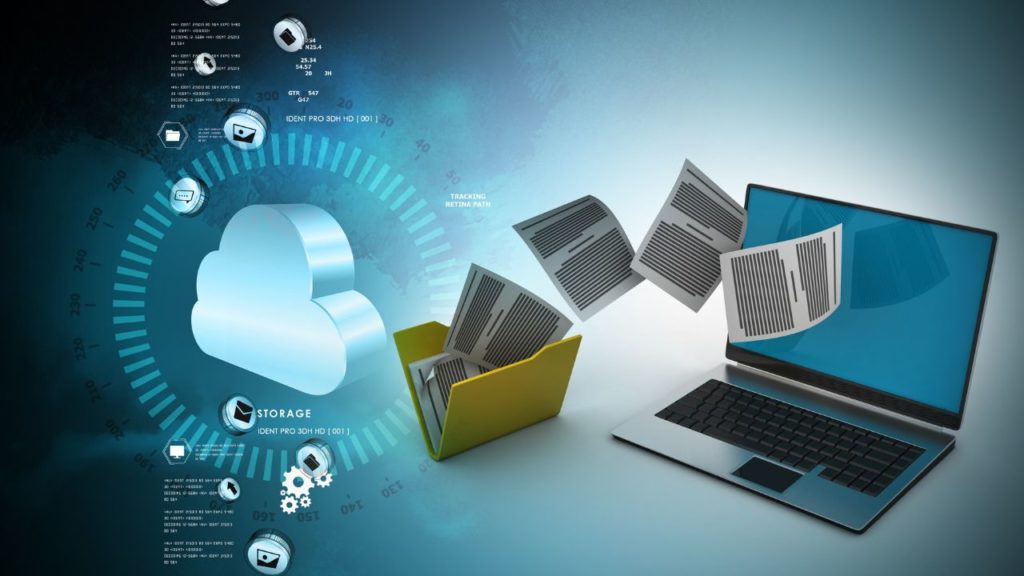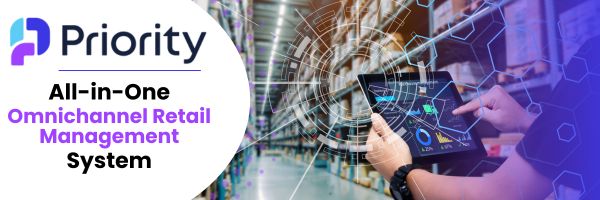The Benefits of an Integrated Payment Processor
Article by CRS, July 4, 2024
Accepting electronic payments is an essential part of running a retail business. In fact, according to Statista, cash sales through a POS have plummeted within Canada in recent years down to roughly 1% of all transactions. With digital wallets on the rise throughout the country, it’s imperative for retailers to have the technology they need in order to stay current within today’s consumer trends.
With that being said, the large volume of electronic payments that retailers are facing are often less convenient to process than a cash transaction when that retailer doesn’t have a payment processor that’s directly integrated into their point of sale system. With a cash transaction, the retailer can stay within the one system to process the payment at the click of a single button (or maybe two, depending on the complexity of the transaction).
An integrated payment processor makes electronic transactions JUST as simple as a cash sale.
What is an integrated payment processor?
There are two types of payment processors – a stand alone or an integrated one. A stand alone payment processor requires manual input of transaction totals into the pin pad itself before handing it off to the customer to complete the sale. Once completed on the pin pad, the retailer then has to reconcile the transaction on the POS system, letting it know that the customer paid via electronic payment options. At no point does the pin pad or the POS system connect on their own.
An integrated payment processor is directly linked to your POS, so the pin pad will automatically take the transaction total from the POS sale and the customer can make their payment. When processed, the POS sale is closed, automatically recognizing that an electronic payment was made.




